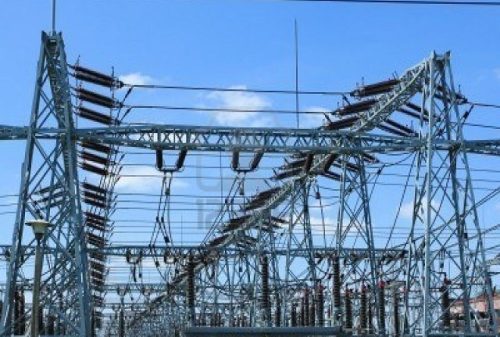TOP TEN MUSLIM UNIVERSITIES IN AFRICA
February 14, 2026ANALYSIS: Why Nigeria GDP is not the best in Africa Despite having the largest market
February 10, 2026Electricity Subsidy Gulps N376bn, Consumers Pay N783bn
Electricity Subsidy Gulps N376bn, Consumers Pay N783bn

The Federal Government spent N375.8bn on electricity subsidy between January and September this year, as power consumers paid a total of N782.6bn for the commodity during the same period, it was gathered on Sunday.
The latest power subsidy figures obtained in Abuja from the Nigerian Electricity Regulatory Commission, an agency of the Federal Government, showed that the government subsidised electricity in the first, second and third quarters of 2023.
It was also gathered that power distribution companies billed electricity users a total of N1.06tn nationwide during the nine-month period, but collected N782.6bn despite the blackouts in many parts of Nigeria.
On subsidy payments, it was observed that in the first quarter of this year, the Federal Government subsidised power by N36bn, this increased to N135.2bn in the second quarter, and jumped to N204.6bn in the third quarter. Figures for the fourth quarter are not because we are still in the fourth quarter of 2023.
Providing reasons for the subsidy in its just-released third-quarter 2023 report, the NERC stated that it was due to the absence of cost-reflective tariffs.
It said, “In the absence of cost-reflective tariffs, the government undertakes to cover the resultant gap (between the cost-reflective and allowed tariff) in the form of tariff shortfall funding. This funding is applied to the NBET (Nigerian Bulk Electricity Trading Company) invoices that are to be paid by Discos.
“The amount to be covered by the Disco is based on the tariff that they are allowed to charge and set out as their Minimum Remittance Obligation in the periodic Tariff Orders issued.
“It is important to note that due to the absence of cost-reflective tariffs across all Discos, the government incurred a subsidy obligation of N204.59bn in 2023/Q3 (average of N68.20bn per month), which is an increase of N69.37bn (+51.3 percent) compared to the N135.23bn (average of N45.08bn per month) incurred in 2023/Q2; this increase is largely attributable to the government’s policy to harmonise exchange rates.
END.









